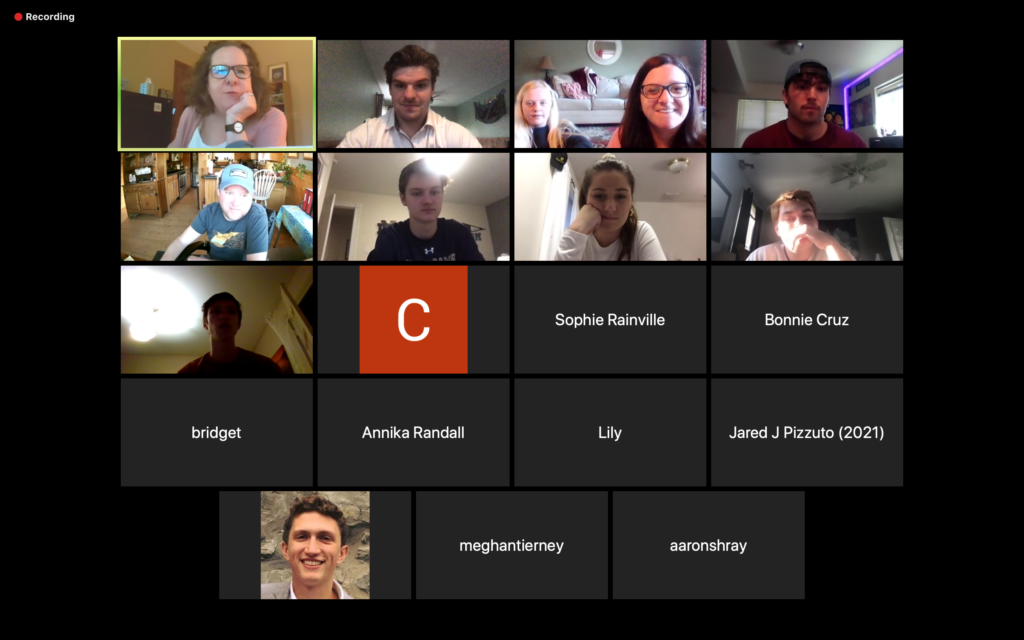How old were you when you started Camp?
8 years old.
How were you introduced to Camp?
When my family move to New London, NH from Glen Rock, NJ to be closer to family in NH and VT they looked into a summer camp for me and my cousin Jennifer Parmenter to attend together. Luckily Camp Coniston was right down the road from where we moved to. I was a nervous 8 year old in B1 and the rest was history!
Did you attend college, and if so, what did you study?
I attended Plymouth State University for two years and then transferred to the University of New Hampshire. I graduated with a Bachelor of Science degree from the Peter T. Paul School of Business & Economics; Business Administration and an option in marketing.
What is your current job?
My current occupation is with a technology/software company in the Seaport district in Boston; Zerto. I’m a Manager of Sales Development. I’ve been employed with them for 4 years and 9 months.
How has your career journey evolved?
When I graduated from UNH, I wasn’t sure what I wanted do to. I graduated in 2013 and the job market was still tough after the Great Recession so it was difficult to find employment. After countless unsuccessful applications to jobs in Boston I feel back on Enterprise Rent A Car. I did my marketing capstone course with them my senior year, so I had established a close relationship with their HR recruiter and Area Sales Manager. I started off as a Management Trainee, was successfully promoted to a Management Assistant and finally a Branch Manager running a successful business for Enterprise. I was living in Portsmouth, NH at the time, and realizing I wanted more in my career I moved transferred to a branch location in Boston to apply and search for more lucrative career opportunities in the city. Again, I interviewed with half a dozen companies when I selected Zerto to continue my career.
Did Coniston influence your ability to create this journey?
100%—My success with Enterprise was through all the hard work I had developed with 5 summers on staff with Coniston.
Are there any skills or traits you gained at Coniston that you use in your professional life?
I was a part (and still am) of the Coniston Community for 15 years. 8 as a camper, CIT, and 5 years as a staff member. My 15th summer I participated in the 5th session—1 week camp. As a counselor I held basketball and tennis Director positions. All four sessions during the summer, I was a huge advocate for conducing a tennis tournament which was always a huge hit. My 5th summer on staff I was a co-adventure camp counselor with Beth Doucet.
It wasn’t until I was promoted as Manager at Zerto and quickly became successful coaching and mentoring my team that I realized that I was becoming successful due to all the leadership skills I had gained at Coniston through the leadership of John Tilley and John McNair and all the other counselor and CIT leaders I had learned from over the years.
Are there any specific memories from your time at Coniston that are still impactful to you?
Too many to mention. The most significant was when my 2005 CIT group made it to the summit of Mt. Washington, we descended down to Lakes of the Clouds for dinner and then climbed up Mt. Monroe for sunset for highs and lows and to reflect on the trip with our leaders Zack Zimmerman and Molly Jepsen. After the silence of highs and lows one of the counselors (one of my counselors the year prior who I listed as a reference), Will Kavanagh, whom I looked up to tremendously pulled me aside and told me that Camp had lost one of my CIT recommendations and they reached out to him as a reference. It made my experience and helped propel my success over the next 5 summers. To this day I enjoy hiking back up Washington to Lakes and reading the journal entries from my entire CIT group and hearing how much that summer meant to everyone.

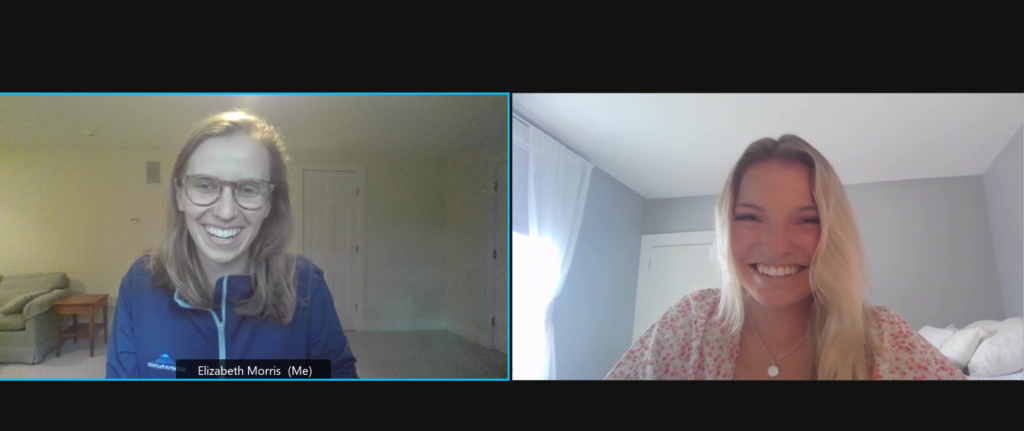
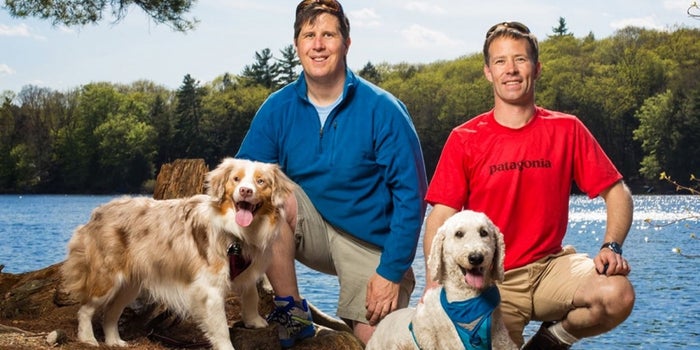
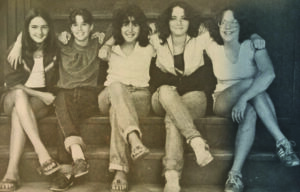 Julie graduated from the University of Pennsylvania with a major in The Biological Basis of Behavior, a combination of neuropsychology and psychopharmacology. While starting her own private practice in psychiatry, Julie worked at Bellevue Hospital. She is married with two children and is a published author, a noted lecturer, and a frequent guest expert.
Julie graduated from the University of Pennsylvania with a major in The Biological Basis of Behavior, a combination of neuropsychology and psychopharmacology. While starting her own private practice in psychiatry, Julie worked at Bellevue Hospital. She is married with two children and is a published author, a noted lecturer, and a frequent guest expert. 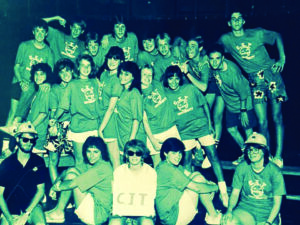
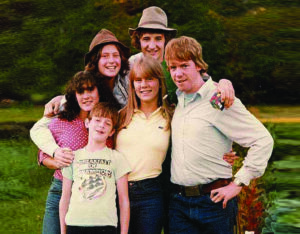 After Coniston, David studied Mechanical Engineering while in the ROTC at MIT and was a Naval Aviator and Flight Instructor. After receiving his MBA, David moved into the corporate world and is currently the CCO for FI.SPAN, a company he helped found.
After Coniston, David studied Mechanical Engineering while in the ROTC at MIT and was a Naval Aviator and Flight Instructor. After receiving his MBA, David moved into the corporate world and is currently the CCO for FI.SPAN, a company he helped found. 